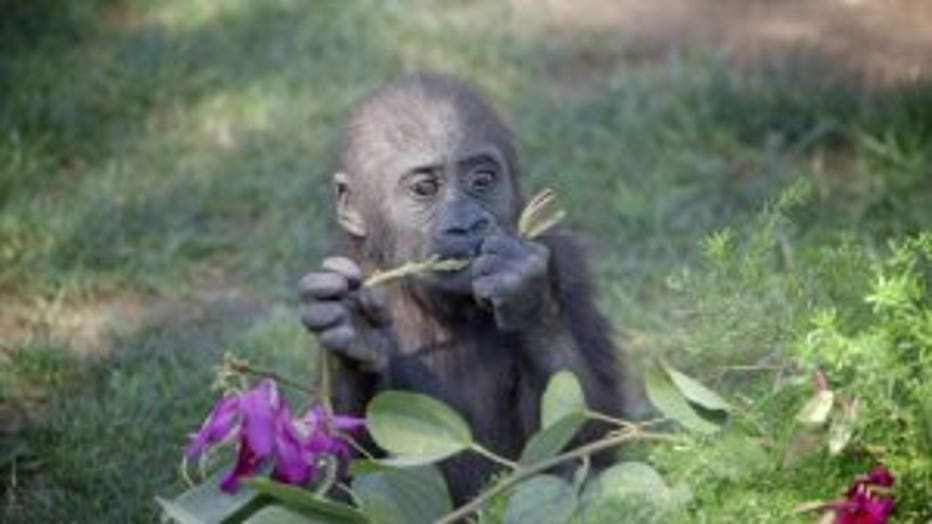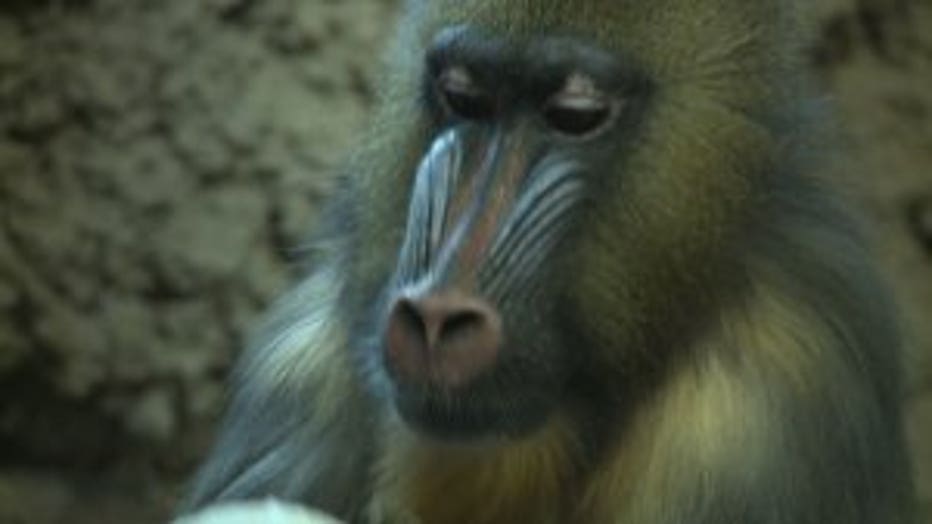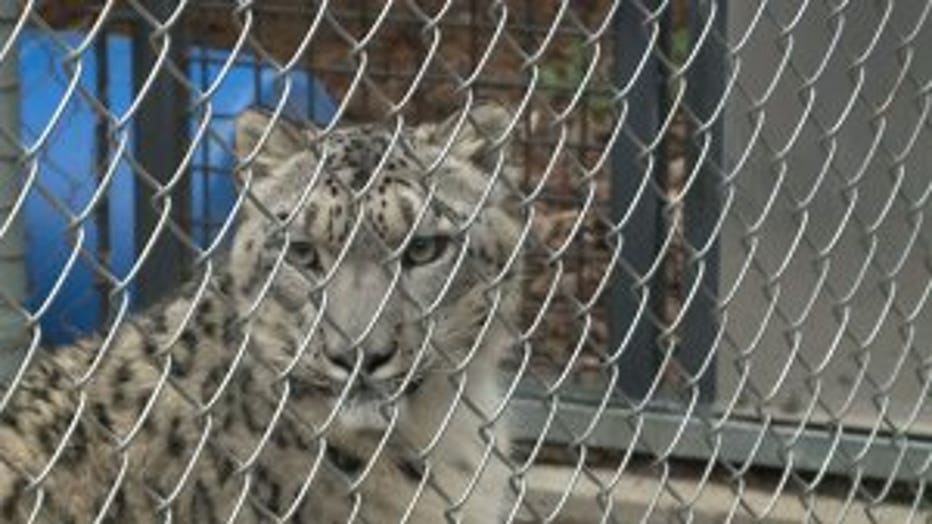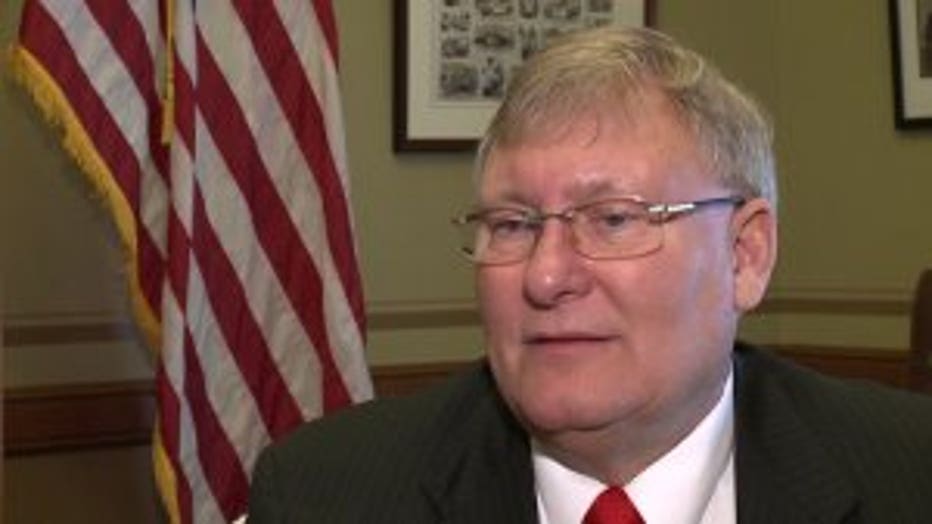Ban on ownership of exotic animals now controversial: Should some Wisconsin zoos be covered?
MADISON -- A proposed ban on owning dangerous exotic animals in Wisconsin has turned controversial because of its potential impact on certain tourism attractions.
Lawmakers first floated the bill in summer 2015, when Milwaukee was captivated by a long-rumored-yet-never-proven lion on the loose. The legislation would prohibit people from owning certain animals, including lions, tigers, bears, alligators and apes.
Sen. Van Wanggaard, R-Racine, said he's realized that the ban would also cover certain zoos and animal attractions. Wanggaard said that's not his intention, and he plans to offer an amendment within the next two weeks to exempt from the ban those businesses that are licensed.

"The focus of this was on private ownership, the focus of this wasn't on professionals," Wanggaard said, "but this is what this has morphed into."
The Humane Society of the United States immediately criticized the planned amendment, raising concerns about licensing and accreditation of the tourism attractions.
Rep. Christine Sinicki, who is a sponsor of Wanggaard's legislation, said she would remove her name if Wanggaard introduces his amendment.
"We thought this was a pretty noncontroversial bill and it was going to fly right through because it's bipartisan," said Sinicki, D-Milwaukee, "and then suddenly we learned about (the) amendment the authors were going to put forward that lowers the standards."
The Milwaukee County Zoo and Racine Zoo are accredited by the American Zoological Association. Melissa Tedrowe, state director for the Humane Society, called AZA accreditation "the gold standard."

A second accrediting agency, the Zoological Association of America, formed in 2005 and currently accredits only one Wisconsin zoo, in Minoqua. Finally, the U.S. Department of Agriculture provides licenses to other animal attractions.
"Those aren't facilities that we don't want in Wisconsin," Tedrowe said. "The inspections are less frequent. They're less rigorous. They're less comprehensive."
Mark Schoebel, who owns Timbavati Wildlife Park in Wisconsin Dells, said the concerns of animal rights groups are misguided.
Schoebel said his business has been licensed through the USDA since 1979 and is periodically subject to inspection. He said he's required to have a veterinarian on-call 24 hours a day.
"I don`t think it`s right that an organization targets you and tries to disrupt your business. I think that`s wrong," Schoebel said.

Wanggaard said he isn't concerned that the accreditation and licensing standards are weak.

Senator Van Wanggaard
"They have to meet all those standards, and they can't just meet them 'kind of.' They have to meet them all the way," Wanggaard said.
Wanggaard said he plans to offer the amendment within two weeks, before holding a vote on the bill in the Senate committee that he chairs.
Wanggaard, who introduced his bill this summer after the Milwaukee Lion hysteria, said Wednesday that he hoped to address exotic animal escapes with the legislation, but said the bill "didn't come about just because" of the lion drama.
He said police have asked for the legislation, adding that officers sometimes enter homes and confront a wild animal inside.

